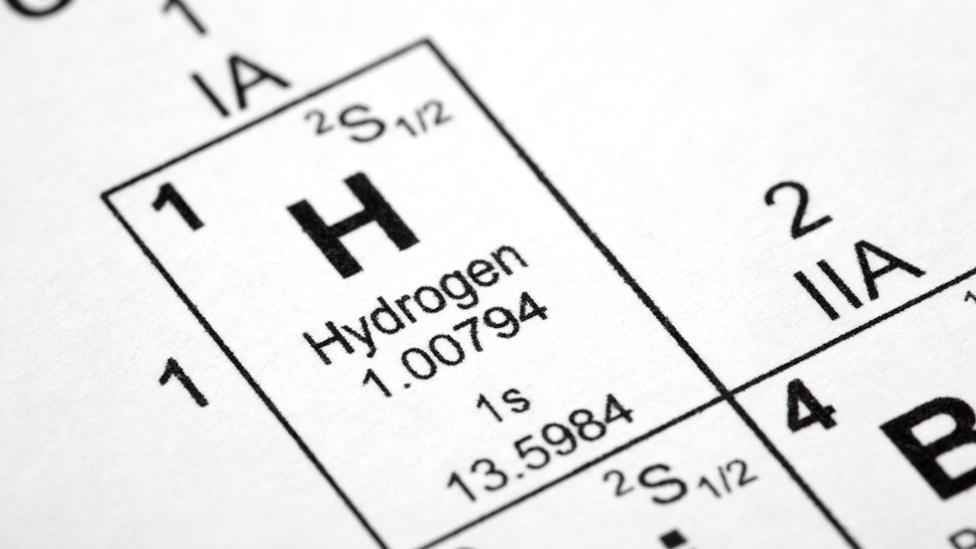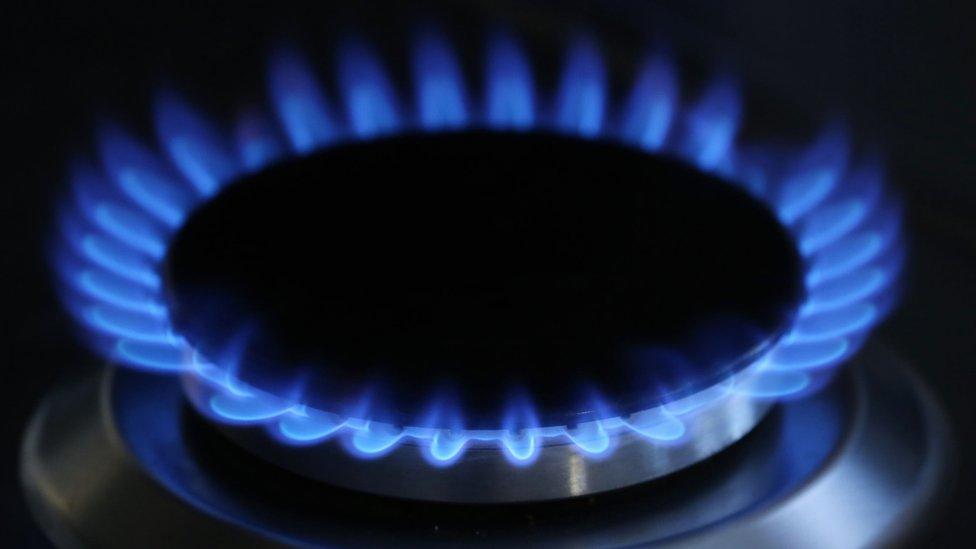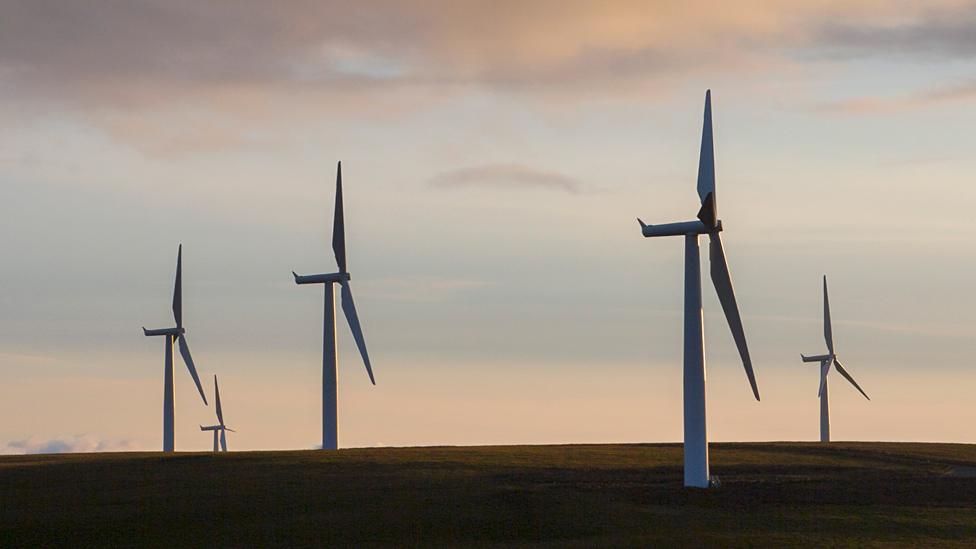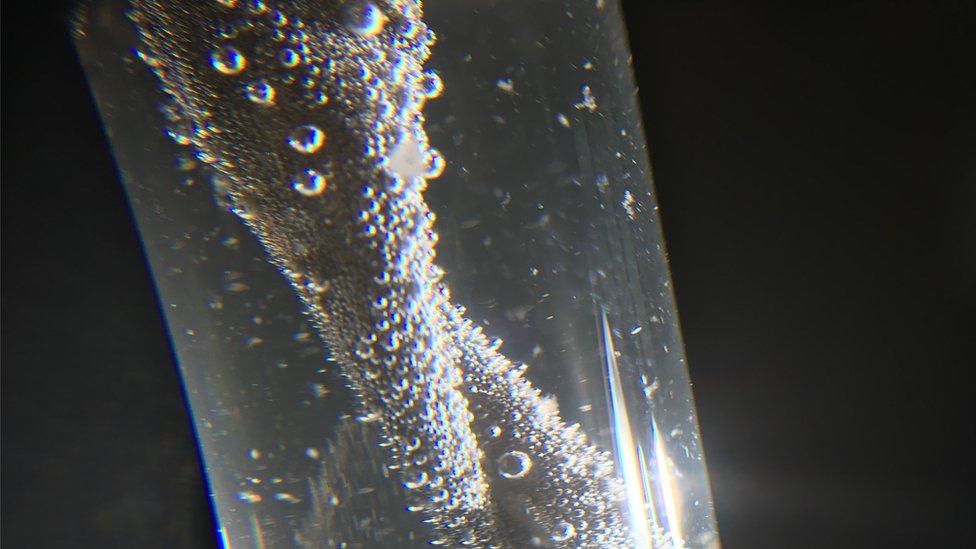Hydrogen energy industry looks to grow in Wales
- Published
Could hydrogen power be the future in Wales?
Wales has the potential to lead in generating clean energy through hydrogen technology, according to experts.
A new trade association to represent and advance the Welsh hydrogen economy launched in Cardiff on Wednesday.
Assembly members also debated how the sector can be helped to grow here.
Hydrogen is seen as a promising, clean alternative to using fossil fuels for heating and transport in particular.
Industry representatives say Wales has the necessary natural resources plus a range of companies and universities already involved in research and development.
Dr Jenifer Baxter, chief engineer at the Institution of Mechanical Engineers, says there are opportunities across the country.
"For south Wales, the production and use of hydrogen provides us with an opportunity to evolve and transform our industry while leading on decarbonisation.
"There are potential connections between everything from production using by-products of industry, anaerobic digestion and gas using CCS - perhaps with storage offered in Haverfordwest - to end uses in our heating systems, Transport for Wales, and even a chance to work with our engine expertise to look into how we could create a fuel cell centre of excellence."
She said for north Wales there were other options particularly for production, co-generation from offshore wind and nuclear, which could mean that Wales takes a lead in moving towards a low carbon hydrogen economy.
"Our main challenge, like all new low carbon solutions, is building the new infrastructure we need," she added.
Guto Owen, director of renewable energy firm Ynni Glan has set up the Wales Hydrogen Trade Association.
He said there was the opportunity to join "a growing number of pioneering countries" advancing the technology.
"Hydrogen can support the Welsh Government's net-zero ambitions in the difficult-to-treat sectors of heat, transport and industry
"Wales has a strong resource, infrastructure, industrial and research base which can provide a platform for accelerating significant hydrogen projects through the 2020s and beyond."

How is hydrogen produced?
There are a number of ways to create hydrogen - one of which is electrolysis.
You need plenty of renewable electricity - such as wind or solar - to produce green hydrogen in the first place.
A current is passed through water - splitting it into its component parts - oxygen and hydrogen.
The big advantage is the hydrogen can then be stored at scale for a range of uses - such as fuelling cars or boilers.

Scientists at Swansea University have also been researching how hydrogen could be extracted from waste plastic.
Mr Owen said the potential was "vast" and that countries were now developing hydrogen strategies "so we are in a good position to do something similar in Wales".
Dr Baxter added that Wales "has further to go than some other parts of the UK" but the new trade association would be able to support industry here, along with the Welsh Government, in driving this change.
Related topics
- Published2 January 2020

- Published14 March 2019

- Published2 September 2018
